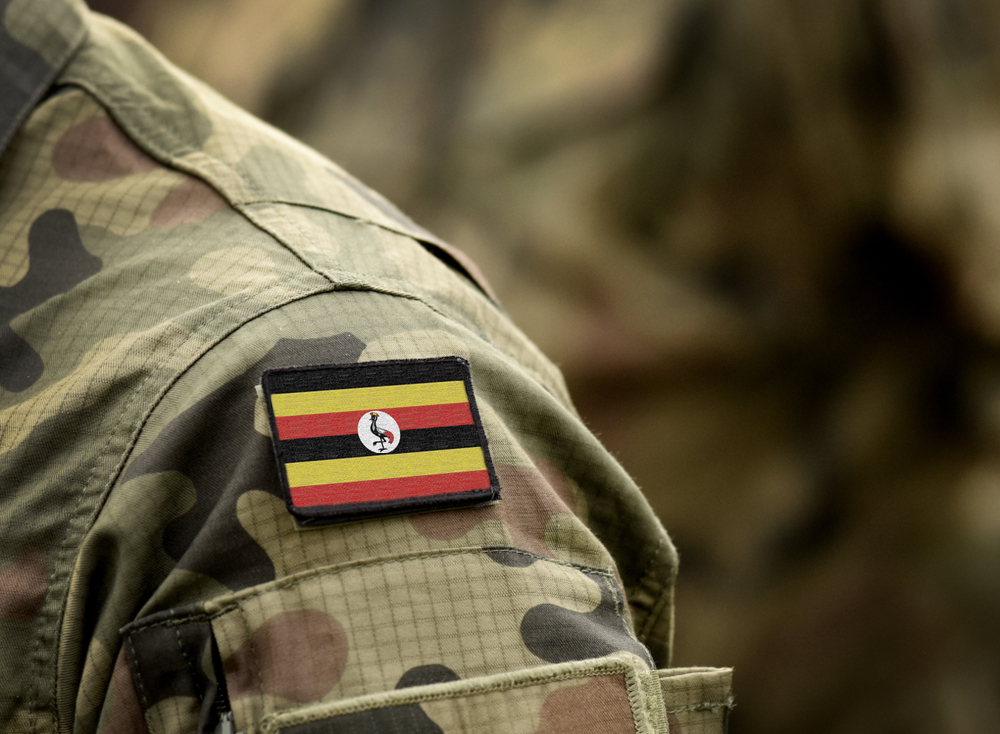
A leaked United Nations expert report has raised serious allegations against Rwanda and Uganda for their roles in fuelling the ongoing conflict in the eastern Democratic Republic of the Congo (DRC). The confidential document,seen by Al Jazeera,claims that Rwanda exercises “command and control” over the M23 rebel group,while Uganda has unilaterally doubled its military presence in the conflict-ridden region without DRC’s consent. The report accuses both neighbouring countries of aggravating the volatile security situation and enabling human rights violations.
According to the findings,Rwanda has provided M23 rebels with “critical support,” including directives from its intelligence services,and allegedly facilitated their territorial advances,notably the capture of strategic cities such as Goma and Bukavu. The report suggests that Rwanda’s ultimate aim is to control DRC territory and its mineral wealth. It documents the smuggling of minerals like coltan into Rwanda,where they are reportedly laundered and sold as local produce,implicating private entities such as Boss Mining Solutions in the illicit trade.
Uganda is also singled out for criticism. The Uganda People’s Defence Forces (UPDF) reportedly increased their troop deployment in eastern DRC,creating a buffer zone that inadvertently shielded M23 fighters. Kampala,which has previously been linked to M23 support,has dismissed the claims as “falsehoods.” Ugandan officials argue their military presence is defensive and part of joint operations against other armed groups like the Allied Democratic Forces (ADF). However,the UN report contends that the recent deployments were carried out independently and without DRC government approval.
The report also highlights the role of the Congolese government in exacerbating the crisis. It accuses Kinshasa of collaborating with irregular militias,including the FDLR—an armed group under UN sanctions—which has been involved in reprisal attacks,recruitment of child soldiers,and widespread abuses. As M23 advanced,retreating government forces and their allies reportedly committed looting,sexual violence,and extrajudicial killings,further undermining civilian safety and rule of law.
Despite widespread denials,the UN experts assert that all parties to the conflict share blame for the humanitarian toll,marked by mass displacement and continued rights violations. While Rwanda and Uganda reject the findings as biased,civil society voices within the DRC argue that the report provides crucial evidence and accountability. With the peace process still fragile,the international community now faces the urgent task of mediating a multi-layered regional crisis rooted in geopolitical competition,resource control,and historical grievances.
United News - unews.co.za